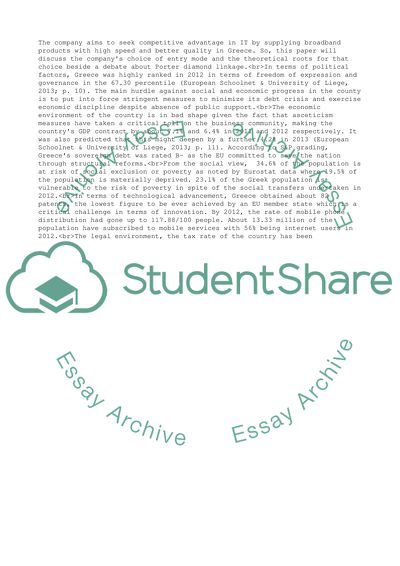Cite this document
(Greece Essay Example | Topics and Well Written Essays - 2000 words, n.d.)
Greece Essay Example | Topics and Well Written Essays - 2000 words. https://studentshare.org/macro-microeconomics/1812502-greece
Greece Essay Example | Topics and Well Written Essays - 2000 words. https://studentshare.org/macro-microeconomics/1812502-greece
(Greece Essay Example | Topics and Well Written Essays - 2000 Words)
Greece Essay Example | Topics and Well Written Essays - 2000 Words. https://studentshare.org/macro-microeconomics/1812502-greece.
Greece Essay Example | Topics and Well Written Essays - 2000 Words. https://studentshare.org/macro-microeconomics/1812502-greece.
“Greece Essay Example | Topics and Well Written Essays - 2000 Words”. https://studentshare.org/macro-microeconomics/1812502-greece.


